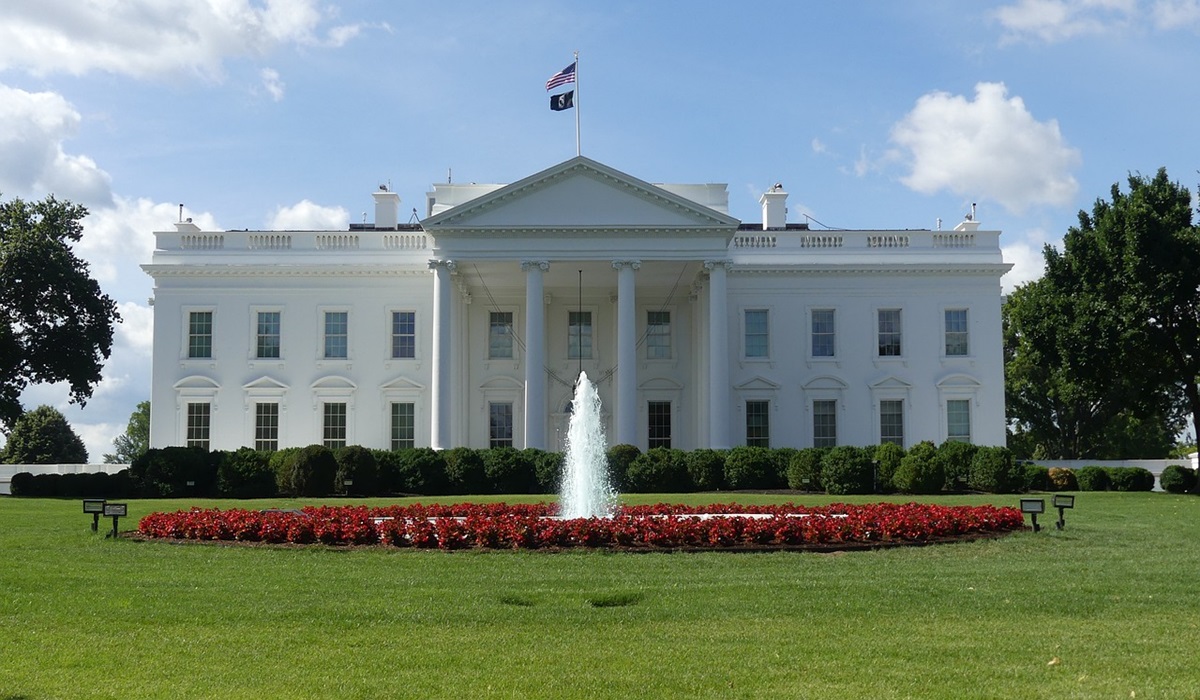Why Do America and Europe Blame Migrants Instead of Their Own Histories of Exploitation?
- TDS News
- U.S.A
- November 15, 2024

Image Credit, Bonnie Ferrante
The debate over migration in both the Americas and Europe is fraught with contradictions and historical amnesia. It is easy to label the arrival of undocumented individuals as an “epidemic” without pausing to interrogate the forces that compel such perilous journeys in the first place. The core question is: why? Why are people leaving their homes, risking death, and braving hostile borders to reach lands that are far from the paradises they are often imagined to be?
In the United States, much of the migration originates from Latin America, where decades of political instability, violence, and economic turmoil have driven millions northward. But is the U.S. entirely innocent in this crisis? Hardly. For decades, American foreign policy has played an outsized role in shaping the conditions that migrants flee. From Cold War-era interventions that installed or supported oppressive regimes to trade policies like NAFTA, which decimated local economies, the U.S. has helped create the very instability that now sends people fleeing northward.
Then there’s the drug trade, an unrelenting cycle of demand and devastation. The U.S. is the world’s largest consumer of narcotics, fueling an industry that empowers violent cartels in Latin America. These cartels, flush with American dollars, destabilize entire regions, forcing countless families to escape the violence. The irony here is glaring: while the U.S. demands strict border controls, it does little to curtail the insatiable appetite for drugs within its own borders—a demand that perpetuates the crisis it seeks to contain.
Across the Atlantic, Europe faces its own migration challenges, particularly from Africa. Thousands of people risk their lives every year crossing treacherous seas in fragile vessels. Many arrive in countries like Italy, Greece, and France, where they are met with increasing hostility and a growing sense that the system is overwhelmed. But is Europe truly a passive victim of migration pressures? History suggests otherwise.
The legacy of colonialism looms large. For centuries, European powers extracted wealth, resources, and labor from African nations, leaving a legacy of underdevelopment and exploitation that persists today. Even in the post-colonial era, countries like France maintain financial arrangements with former colonies that critics argue perpetuate economic dependency. If African nations are impoverished and unstable, it is not merely by chance. The very nations now shutting their doors to migrants once opened those same doors to plunder.
This hypocrisy is impossible to ignore. On the one hand, European nations lament the strain of migration on their social systems. On the other, they continue to benefit from the wealth generated by exploiting African resources—often at the expense of local populations. Similarly, American leaders decry the arrival of undocumented individuals while ignoring the destabilizing effects of their policies abroad and their own consumer behaviors at home.
If migrants were truly afforded the opportunity to thrive in their homelands, it is unlikely they would embark on dangerous journeys across deserts and oceans. Migration is rarely a choice made lightly; it is a desperate response to untenable conditions. The responsibility does not lie solely with the countries migrants leave but also with the nations they seek to enter—nations whose historical and ongoing actions have shaped the very crises driving people to their borders.
Until this broader context is acknowledged, any discussion of migration will remain incomplete, and the cycle will persist. Walls and policies cannot mask the root causes: destabilization, exploitation, and inequity. The real question is not why people come, but why the global systems that perpetuate their suffering remain unchallenged.








